The world of beer production is a dynamic and ever-evolving field, offering a wide range of exciting career opportunities for those passionate about crafting premium beverages. From mastering the art of brewing to managing operations in breweries large and small, beer occupations encompass a variety of roles that play crucial roles in ensuring the quality and availability of beer for enthusiasts worldwide. Whether you’re curious about the technical aspects of brewing, interested in learning about the different beer occupation titles, or eager to explore the potential earning power of this sector, this guide delves into the ins and outs of beer occupations, providing valuable insights into the industry’s growth, job prospects, and educational requirements. By understanding the diverse roles, exploring the salary potential, and discovering the career advancement opportunities, readers can gain a comprehensive understanding of what it takes to thrive in the craft beer industry.
Key Takeaways
- What a Brewer Does: A brewer oversees the entire brewing process, ensuring high-quality beer production through leadership and meticulous attention to detail.
- Female Brewers’ Titles: Traditionally known as alewives or brewsters, women have historically played significant roles in brewing, reflecting their contributions to the craft.
- Brewing Roles and Responsibilities: Brewers monitor fermentation, develop recipes, ensure safety, collaborate with teams, and perform quality control checks for consistent outcomes.
- Required Skills for Brewers: Expertise in brewing chemistry, malt, hops, yeast, fermentation monitoring, lab techniques, teamwork, and problem-solving are essential.
- Education and Experience Needed: A bachelor’s degree in brewing or a related field combined with hands-on experience in a brewery setting is typically required.
- Work Environment Details: Brewers work in manufacturing facilities, face physical labor, adapt to varying hours, and thrive in collaborative, team-oriented environments.
- Career Advancement: The craft beer industry offers opportunities for career growth, innovation, and contributing to cutting-edge brewing techniques.
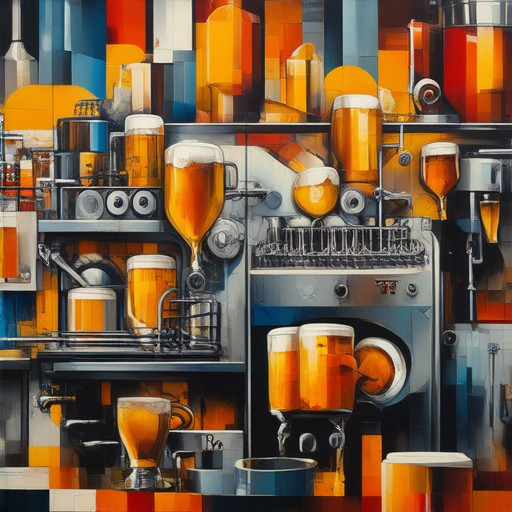
What is a Beer Professional Called?
A beer professional is commonly referred to as a beer sommelier . In the United States, this role is often also known as a cicerone . These professionals work within the hospitality and alcoholic beverage industry, focusing on the selection, service, and knowledge of beer, akin to a traditional wine sommelier.
Key Responsibilities of a Beer Sommelier/Cicerone
- Beer List Selection : Curating and managing beer offerings in restaurants, bars, or breweries.
- Beer Pairing : Expertise in matching beers with various cuisines to enhance dining experiences.
- Customer Education : Educating patrons about beer types, origins, flavors, and food pairings.
- Industry Knowledge : Staying updated on beer trends, brewing techniques, and market developments.
Differences Between a Beer Sommelier and Cicerone
While both roles involve beer expertise, the cicerone typically focuses more on the practical aspects of serving and knowledge, whereas a beer sommelier may take on a more managerial role in developing beer programs.
Becoming a Beer Sommelier/Cicerone
To become a beer professional, individuals often pursue certifications through organizations like the Cicerone Certification Program or similar institutions. Training involves both theoretical knowledge and hands-on experience in the industry.
Notable Beer Professionals
Notable figures in the field include Fred Brousseau , known for his extensive knowledge and contributions to beer education, and Mark Simpson , a renowned beer writer and sommelier.
The Future of Beer Professionals
As the craft beer industry continues to grow, the demand for skilled beer professionals is rising. Trends such as sustainability and innovative brewing techniques are shaping the role, making it increasingly important for professionals to stay informed and adaptable.
Understanding the roles of beer sommeliers and cicerones highlights the critical part they play in enhancing beer experiences, whether in casual gatherings or fine dining settings.
Brewery Workers: A Comprehensive Overview
Brewery workers encompass a diverse range of roles, each contributing uniquely to the production and operation of breweries. Their collective term is often referred to as brewery staff , which includes:
Key Roles Within a Brewery
- Production Roles :
- Brewers : Responsible for the fermentation process and ensuring high-quality beer production.
- Shift Brewers : Work specifically during production shifts, focusing on monitoring and maintaining the brewing process.
- Production Brewers : Oversee large-scale brewing operations, optimizing efficiency and yield.
- Head Brewers : Lead the brewing team, overseeing all aspects of production.
- Cellar Managers : Supervise the storage and aging of beer, ensuring quality and consistency.
- Hospitality Roles :
- Bartenders : Mix drinks and serve beverages in the taproom or bar settings.
- Customer Service Representatives : Engage with patrons, handle inquiries, and manage reservations.
- Taproom Hosts : Greet guests, manage seating, and ensure a positive visitor experience.
- Administrative and Support Roles :
- Operations Managers : Oversee brewery operations, including production schedules and inventory management.
- Administrative Assistants : Handle office duties, scheduling, and documentation.
- Quality Control Specialists : Monitor beer quality, ensuring it meets standards before release.
- Safety Officers : Enforce safety protocols and regulations within the brewery environment.
- Logistics and Maintenance Roles :
- Keg Room Attendants : Manage kegs, ensuring they are properly stored and delivered.
- Warehouse Staff : Handle inventory, distribution, and logistics for brewery supplies.
Collective Term
While individuals may hold specific titles, collectively, all brewery employees are part of the brewery staff . This term encompasses every role from production to hospitality, administration, and logistics, reflecting the multifaceted nature of brewery operations.

What is a Beer Brewer?
A beer brewer is responsible for crafting beer in breweries, pubs, or laboratories. Their duties include tasting beer samples, selecting ingredients like malt, hops, and yeast, and overseeing the brewing process from boiling to fermentation and aging. They also monitor quality control, track sales performance, and develop marketing strategies to promote the product.
How to Become a Beer Brewer
Becoming a beer brewer requires a combination of education, hands-on experience, and passion for brewing. Here’s a step-by-step guide:
- Education and Training: Complete a formal brewing program or apprenticeship. Many breweries offer training programs or partnerships with culinary schools.
- Gain Experience: Work in a brewery under a master brewer to learn the production processes and quality control standards.
- Certification: Consider obtaining a professional certification, such as the Certified Brewmaster designation offered by organizations like the American Brewers Guild.
- Stay Updated: Continuous learning is crucial in the evolving craft beer industry. Attend workshops, trade shows, and participate in brewing competitions.

What Is a Person Who Makes Beer Called?
A person who makes beer is commonly referred to as a brewer . In some cases, the role may be titled as a brewmaster or master brewer , depending on the country and the size of the brewery. In the United Kingdom, the term head brewer is often used, while in the United States, brewmaster is more common.
Key roles in beer production include:
- Head Brewer/Brewmaster : Oversees the entire brewing process and ensures the beer meets high quality standards.
- Master Brewer : A senior position often responsible for innovation and managing the brewing team.
- Assistant Brewer : Supports the head brewer in tasks such as fermentation monitoring and recipe development.
- Journeyman Brewer : Gains experience through hands-on work in all aspects of beer production.
- Beer Maker/Brewster : A gender-neutral term increasingly used to describe individuals involved in the brewing process.
The specific title can vary by region and brewery, reflecting different traditions and organizational structures. For example, Dogfish Head Brewery uses the term “brewmaster” for its lead brewer.
What is a female beer maker called?
A female beer maker is traditionally referred to as an alewife . During pre-industrial times, women played significant roles in brewing, often known as brewsters or brewesses . These terms highlight their contributions to the commercial and domestic production of ale.
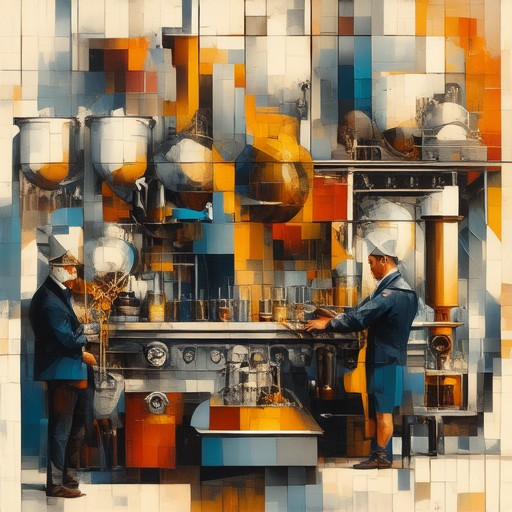
What is a Brewing Job?
A brewing job involves working in the production of beer, wine, or spirits. Brewers are responsible for overseeing the fermentation, aging, and packaging processes to ensure high-quality products. This role requires a combination of technical expertise, creativity, and attention to detail.
Key Responsibilities
- Overseeing the entire brewing process, from malt selection to final product
- Monitoring fermentation tanks to ensure optimal conditions for yeast growth
- Developing and testing new recipes to meet flavor preferences
- Ensuring compliance with safety and sanitation regulations
- Collaborating with production teams to optimize efficiency
- Performing quality control checks to maintain consistency
Required Skills
- Strong understanding of brewing chemistry and biology
- Knowledge of malt, hops, and yeast varieties
- Experience with fermentation monitoring and control
- Proficiency in laboratory equipment and techniques
- Ability to work in a fast-paced, production-oriented environment
- Attention to detail and problem-solving abilities
Education and Experience
- Bachelor’s degree in Brewing, Food Science, or a related field
- Previous experience in a brewery or related facility
- Familiarity with HACCP and food safety standards
- Strong analytical and mathematical skills
Work Environment
- Manufacturing facilities with exposure to various chemicals
- Occasional lifting and physical labor
- Work hours may vary depending on production demands
- Team-oriented collaborative environment
Career Prospects
- Opportunity to work in different beverage production settings
- Potential for advancement into supervisory or management roles
- Continuous learning opportunities through industry advancements
- Chance to contribute to innovative brewing techniques
Conclusion
Brewing jobs offer a unique blend of scientific and creative challenges, making them an appealing career path for those passionate about craftsmanship and innovation.

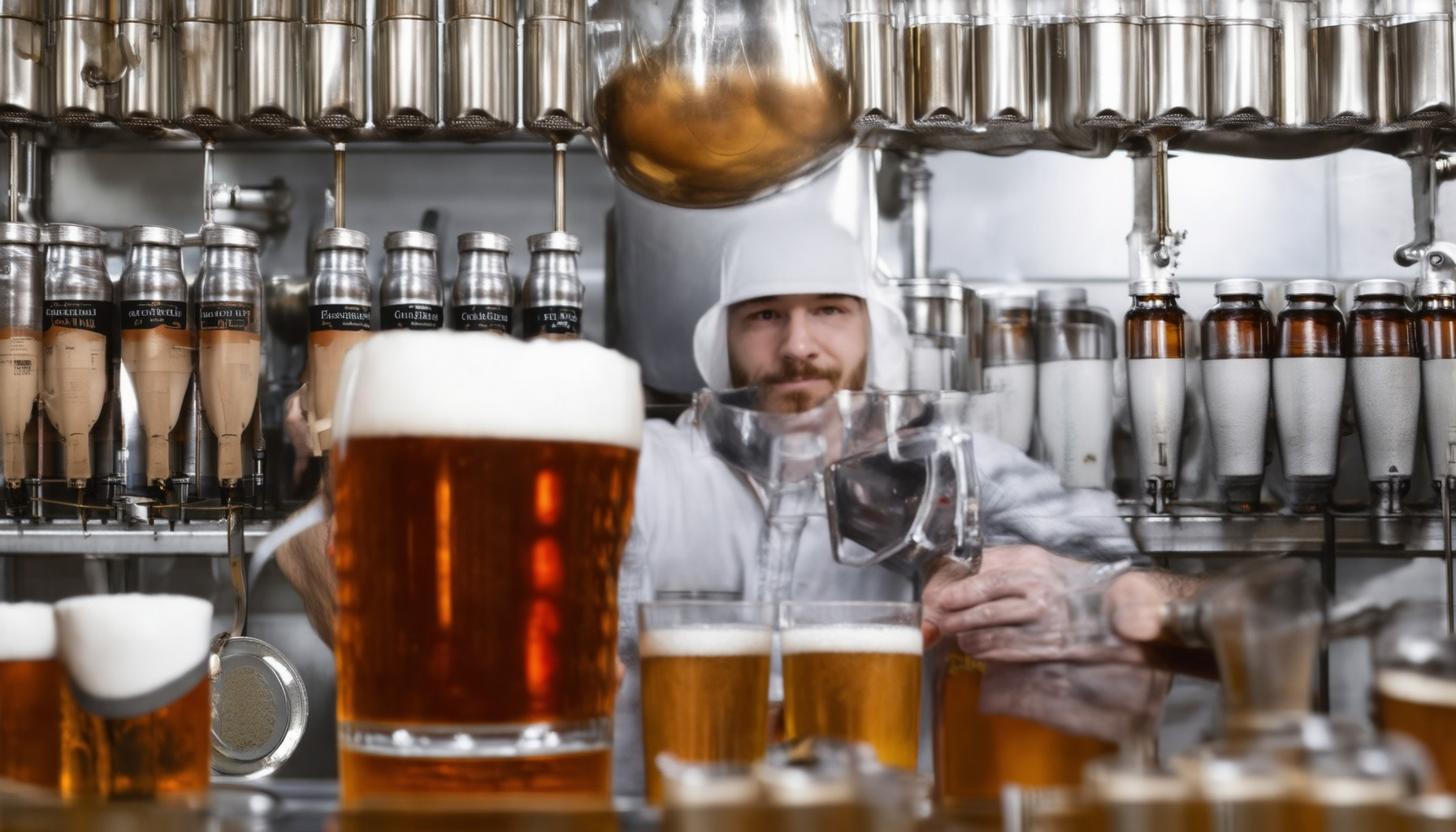

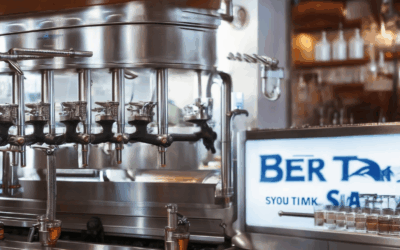
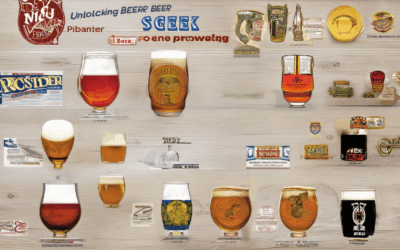
0 Comments